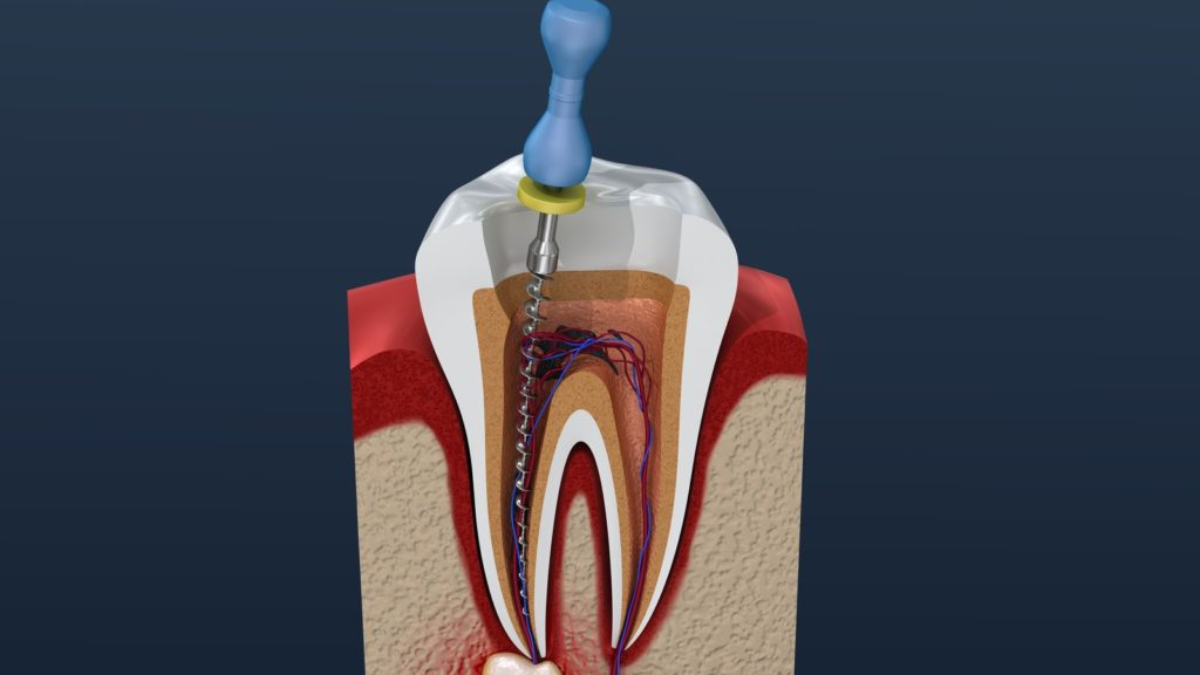
Things You Should Know Before Undergoing the Root Canal Procedure
A root canal is a highly effective dental procedure that helps save a severely infected or decayed tooth. While many people associate it with pain, the truth is that a root canal relieves discomfort and restores oral health. By removing infected pulp, cleaning the tooth, and sealing it, this procedure prevents further damage while preserving the natural tooth structure. With modern advancements, root canals are now quick, painless, and ensure long-term dental health.
Why a Root Canal is Necessary
Tooth infections often result from deep cavities, fractures, repeated dental procedures, or trauma. If left untreated, the infection can spread, leading to severe pain, swelling, abscess formation, and even tooth loss. A root canal removes the infection, eliminates pain, and allows the tooth to function normally again. Unlike extraction, which requires a replacement, this procedure helps maintain the alignment of surrounding teeth and preserves your natural smile.
The Root Canal Process
The treatment typically involves two visits. During the first session, the dentist removes the infected pulp, disinfects the tooth, and places a temporary filling. In the second visit, a permanent filling or crown is applied to restore strength and functionality. Since local anesthesia is used, the procedure is comfortable, and most patients experience only mild discomfort afterward.
Post-Treatment Care and Benefits
After a root canal, minor sensitivity may occur for a few days, which can be managed with pain relievers. Maintaining good oral hygiene, avoiding hard foods initially, and following up with regular dental check-ups ensure lasting results.
By opting for a root canal instead of extraction, you prevent unnecessary tooth loss, maintain proper chewing function, and avoid costly replacements. At Narayani Hospital, our expert dental team provides advanced and painless root canal treatments, ensuring the best care for a healthy and confident smile. Seeking timely treatment can prevent complications and preserve your oral health for years to come.
